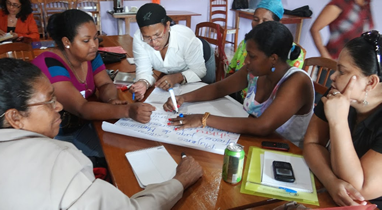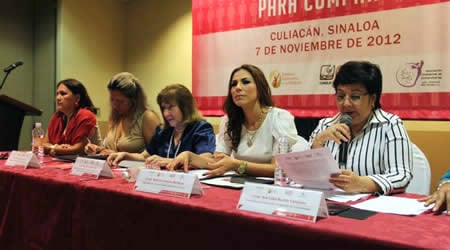Regardless of ideology, location or size, political parties seeking to make their practices more inclusive and to institutionalize their operations will benefit from this manual, which assembles the best practices of a range of established and broadly democratic political parties.
المعايير الدنيا لعمل الأحزاب السياسية الديمقراطي
الناشر: منشورات المعهد الديمقراطي الوطني.
The development of political parties - with their contrasting visions of how citizens should be served - are a sign of a healthy democracy. In a new publication, “Developing Party Policies,” NDI compares how different parties from emerging and established democracies have created ideologies, rules, structures and processes.
This paper discusses the various models of representation that elected officials use in the legislature and how these models can affect the relationship between them and their parties. It also addresses the rules and structures that affect party behavior and the relationships between parties, their parliamentary representatives and parliament. The paper further examines how parliamentary groups organize themselves, both in terms of internal structures and how they interact with the party structure outside of parliament.
Part of the Political Parties and Democracy in Theoretical and Practical Perspectives series, this publication discusses key issues that political parties may want to consider when selecting candidates for legislative office. In addition to theoretical and empirical research, the publication includes case studies of 10 political parties from around the world.
الأحزاب السياسية والديمقراطية من الناحيتين النظرية والعملية - اختيار المرشحين للمناصب التشريعية
الناشر: إعداد سيفاكور أشياغبور - منشورات المعهد الديمقراطي الوطني.
The role of party-based communication is essential to the functioning of political parties, as it provides avenues for public participation, shapes electoral choices, and connects leaders and voters through common programs. This paper focuses on the development of communication channels that parties can use to strengthen their links with citizens and relates these developments to communication policies that governments can adopt to improve free and fair party competition.

